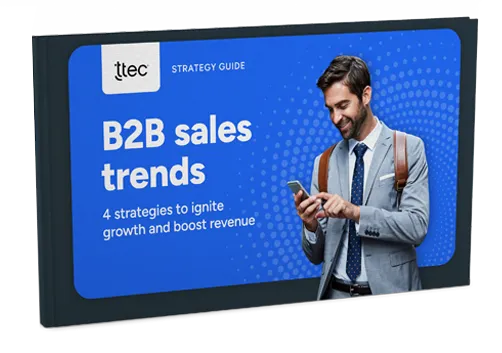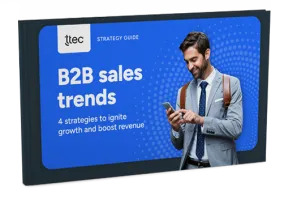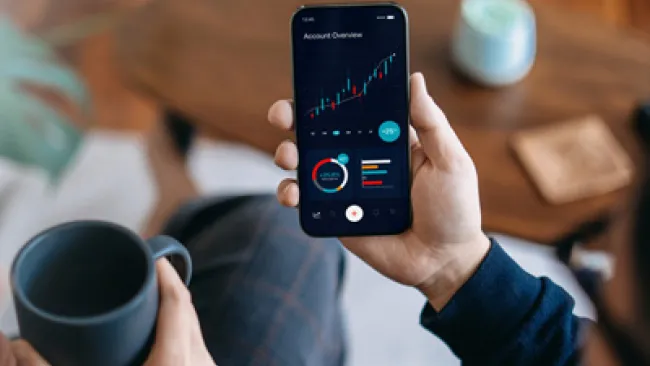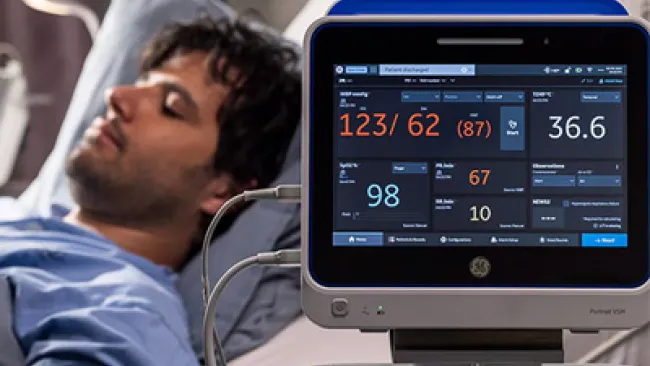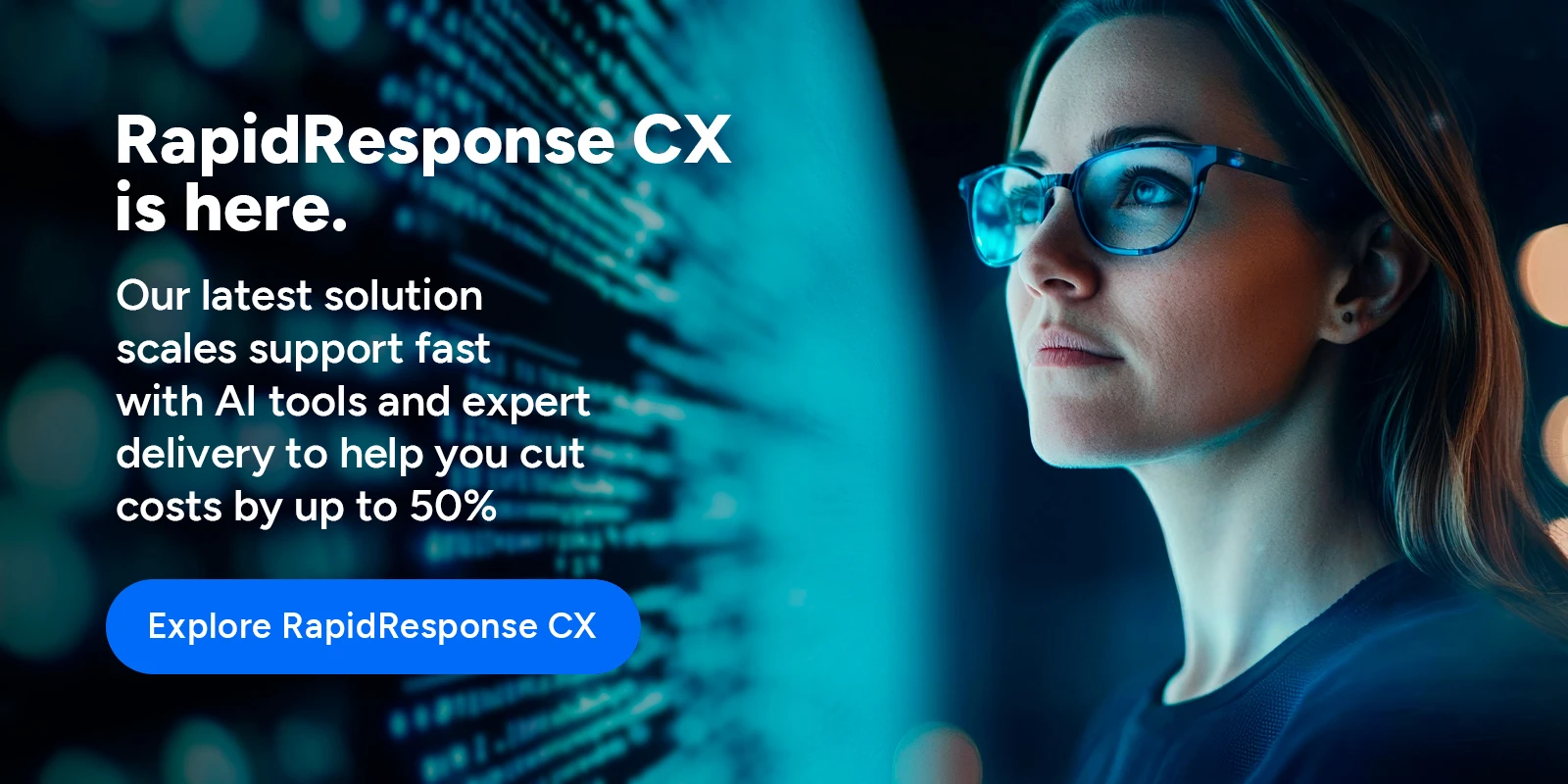As technology races ahead, today's corporate analytics programs will become tomorrow's smartphone apps for consumers. Within a few years, business algorithms will be defining marketing offers, but consumers' own algorithms will be defining the buying decisions.
In some cases, the future is already here. Decide.com is a price-forecasting site that uses data and analytics to predict future price changes on a range of consumer products. For a small subscription fee you can use your smartphone to find out that there is a 96 percent chance that the price of the Chicco infant car seat will drop by $98 within two weeks, or that the price of the Precor Elliptcal trainer machine has a 74 percent chance of going up by $246 within two weeks.
You can set "alerts" for price changes on the items you're thinking about buying when the price changes by more than 2.5 percent, or 5 percent, or 10 percent. Decide.com also includes product reviews by both users and experts.
I've previously predicted the rise of "social filtering," or applying a higher level of trust to the opinions of your friends, or the friends of your friends. Facebook's Graph Search is an early attempt at social filtering, while the Canadian startup Wajam.com is now a social-filtering aggregator, delivering your friends' opinions on products, restaurants, web sites and other things from a variety of different forums.
So now imagine an app that taps into Decide.com's price analytics as well as Wajam.com's social filtering information. Connect your credit card information to this app, preload the app with a list of purchases you're considering, and authorize it to "pull the trigger" on a purchase when its algorithm calculates that the price is optimal, provided that none of your friends or your more distant social connections has weighed in with a highly negative review in the meantime.
My point is that shopping in the not-too-distant future will likely be dominated by data-and-analytics processes, not just on the merchant's side of the interaction, but on the consumer's side as well. And you won't need a computer science degree.
What's on Don's Kindle?
Automate This: How Algorithms Came to Rule Our World (2012)
by Christopher Steiner
Terrific analysis of the rising importance of analytics and computer-based decision-making, from Wall Street to wine tasting (seriously!). Lots of great examples (including Decide.com).
To Sell is Human: The Surprising Truth About Moving Others (2012)
by Dan Pink
Another classic by one of my favorite business authors, this book is an antidote to the idea that machines will rule the world. Our world is ruled by people selling and persuading others. Machines just bring us closer and closer to this reality.



